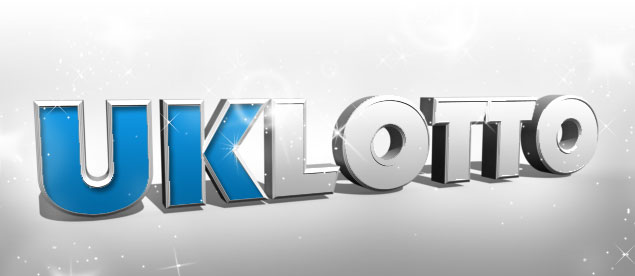The main issue is that Yes Scotland is assuring voters in next week’s Scottish independence referendum that the Lottery will continue as normal in the event of a split of the union whilst Better Together insists the opposite, but neither side actually has absolute, definitive proof that their predictions will come to fruition should Scotland vote “yes” on Thursday 18th September. Meanwhile, National Lottery operator Camelot is playing the role of the ever-patient mother to these two incessantly squabbling children and is remaining scrupulously neutral.
A spokesperson for the group remains duly non-committal: “Any decisions about the future shape of The National Lottery following a Scottish vote for independence in the referendum would be a matter for the respective governments, not Camelot. This also applies to the arrangements in place for distributing funds to National Lottery Good Causes”.
So all we need now is for the two sides to come to a meaningful agreement. Simple, right? Of course not.
The UK government’s Scotland Office claims that Yes Scotland is perpetuating what it calls the “myth” that the Lotto could continue in a post separation Scotland, “It’s called the National Lottery – not the International Lottery. You can’t buy a ticket in France, so why would it run in an independent Scotland?” it states.
The Scottish government, however, insists the opposite is true in its publication Scotland’s Future: Culture and Broadcasting, stating that Scots will still be able to play the games run by the National Lottery under their existing infrastructure. There are no “current plans” to set up a separate Scottish Lottery.
Those 1.6 million households north of the border who currently spend their Tuesday, Wednesday, Friday and Saturday nights crossing their fingers tightly and clutching their tickets (in the other hand, presumably) obviously have a keen interest in whether the game will continue but the implications reach much further; what will happen to the money that supports good causes in Scotland? On average, £33 million is raised for projects across the UK every week and grants derived from lottery draw proceeds are vital to the survival of those projects. According to the Good Causes Fund, a total of £2.6 billion has been invested in over 52,000 Scottish initiatives since the National Lottery began in 1994.
Better Together alleges that Scottish charities have been warned off applying for funds from UK-wide bodies, such as the Big Lottery Fund, for fear that their requests won’t be fulfilled if Scotland gains independence. The Scottish government refutes that contention, proposing that that the fund will continue its role as the largest distributor of good causes cash in Scotland even after independence.
It does concede though that the deal with the Big Lottery Fund could change post-referendum, stating: “there are currently no rules in place guaranteeing Scotland any fixed proportion of National Lottery funds...Independence would mean that future Scottish governments will be in a position to work with the lottery operator to ensure Scotland continues to receive a fair share of funding” explains Scotland’s Future: Culture and Broadcasting.
Yes Scotland has the Lottery to thank for a major chunk of its funding; Colin and Christine Weir of Largs in Ayrshire scooped £161 million on EuroMillions in 2011 and have since donated £3.5 million to the independence campaign. If Better Together is correct and the country loses access to National Lottery games then there could be no more Weirs created in the future.
Both sides contend that the legalities favour their argument. “the current Camelot contract runs to 2023,” states a spokeswoman for Scottish Finance Secretary John Swinney MSP, adding, “given that Scotland already contributes to the lottery, there is absolutely no reason why it should not continue to operate as it does just now”. Better Together responds in a blog post,“the National Lottery Terms and Conditions clearly state that players – even those who play the Lottery online – have to be resident in the United Kingdom”.
No matter how much Camelot attempts to retain its neutrality it seems that, if an independent Scotland was to become a reality, the decision as to whether the country keeps the National Lottery would be in its hands. The Scottish and UK governments are locked at such polar opposites that the lottery operator will have to choose between negotiating its way out of a contract or rewriting its Terms and Conditions and, despite both sides’ adamancy, the conclusion is impossible to definitively predict.
Sources:
https://www.gov.uk/government/news/scotland-the-uk-10-myths-10-facts
http://www.gov.scot/Publications/2013/11/9348/13
http://www.scotsman.com/news/politics/independence-lottery-winners-give-yes-camp-2-5m-1-3407250
http://www.heraldscotland.com/x/x/an-independent-lotto-tories-call-for-answers-on-future-of-national-lottery.2013057561
http://www.lotterygoodcauses.org.uk/good-causes/region/scotland
http://www.gov.scot/Resource/0044/00444494.pdf



